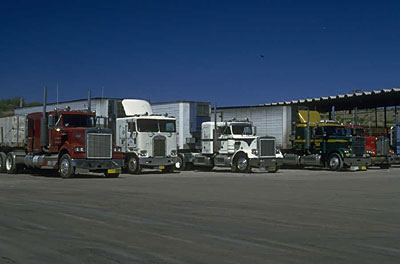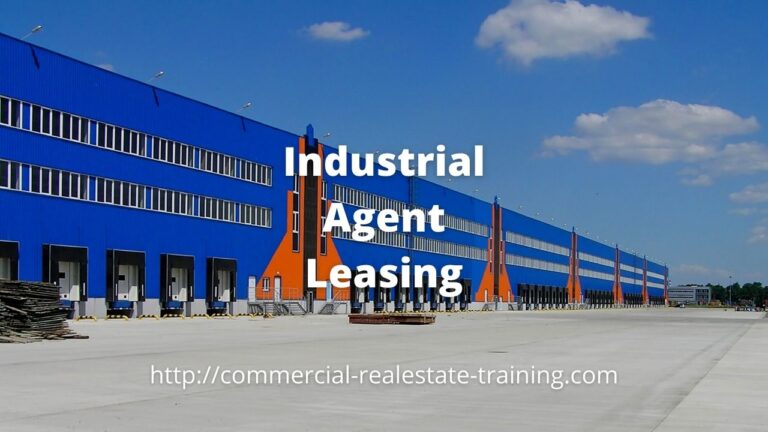Key Questions in Listing an Industrial Property for Sale or Lease Today
When you list an industrial property you have to think about the end user, be they a tenant or a buyer. What will they expect from the asset to satisfy their business needs? That question is always (or should be) high on the brokerage agenda as part of the listing process. When you really understand the answer to the question you can specifically target market the property into the location and the required business segments.
(N.B. these ideas are also sent out to regularly to our friends in Commercial Real Estate Online Snapshot to help amplify brokerage results…. Get your access here)
Get the Industrial Facts
An industrial property can be quite specific in so many ways. Think about these things:
- Size – Whilst you have the overall total size of the property to consider, you also have the ratios to think about when it comes to the internal office space, warehouse size, and showroom size. Some of those zones within the one property can be too large or small to be totally useful to the average business. A common problem all too often seen is when the office area component is above the average ratio of space to the warehouse size. Too much office space can make the property ‘redundant’ from a listing perspective for most businesses and perhaps even too special for many buyers and tenants.
- Shape – Look at the boundaries of the property and understand just how people move into the property, and then around it from gates and roads. The shape of the block must allow trucks, staff, deliveries, and customers to efficiently access the zones of the property that they need to get to.
- Improvements – Dig down into the facts and the improvements on the property. The warehouse, the office, and the showroom will have important zones to understand. Collate all the details of improvements as to placement and configurations.
- Services and amenities – Look at the factors of electricity, water, gas, drainage, sewer, telephone, and cable or internet communications. Most businesses will need those things. How do they exist in the property and how are the connections made? Some industrial businesses will need 3 phase power for machinery installation and use. Check out that capability.
- Zoning – The zoning for the property will place restrictions and obligations on industrial property use. Check out the zoning plans for the location before you list and or market the property.
- Land levels – It is desirable for the land around an industrial property to be flat and stable. Also look at the factors of circulation and hardstand on the site. In the bigger picture the fuller industrial property and its surrounds should be optimized for use and circulation. Assess the property on that basis and look at truck movement, storage, deliveries, car parking, and special zones of use.
- Highways, Transport corridors, and Ports – Most industrial businesses need to move goods in and out of their location, and do so efficiently. The proximity of the property to those transport hubs will be important to many tenants or buyers of the industrial property.
- Environmental factors – Is the land or the precinct subject to flooding or other environmental pressures? Look at the location of creeks, rivers, slippage, soil stability, ground water tables, and erosion. Look for the environmental challenges and seek answers.
- Adjoining properties – Nearby properties can place pressures on your property listing. That could be through deliveries, noise, dust, waste, chemical exposure, and more. Check out those properties completely and thoroughly.
- Comparable properties – Understand the local properties that are on the market for sale or lease. How long have they been marketed? Why have they not moved? What is stopping them selling or leasing? Get your answers because those other properties are likely to impact your listing.
Develop your own guide or checklist to listing and industrial property using this list.
So there are some valuable things to check and explore here as part of listing the industrial property. When you have all the facts, the marketing process and any subsequent negotiations are a lot easier.







